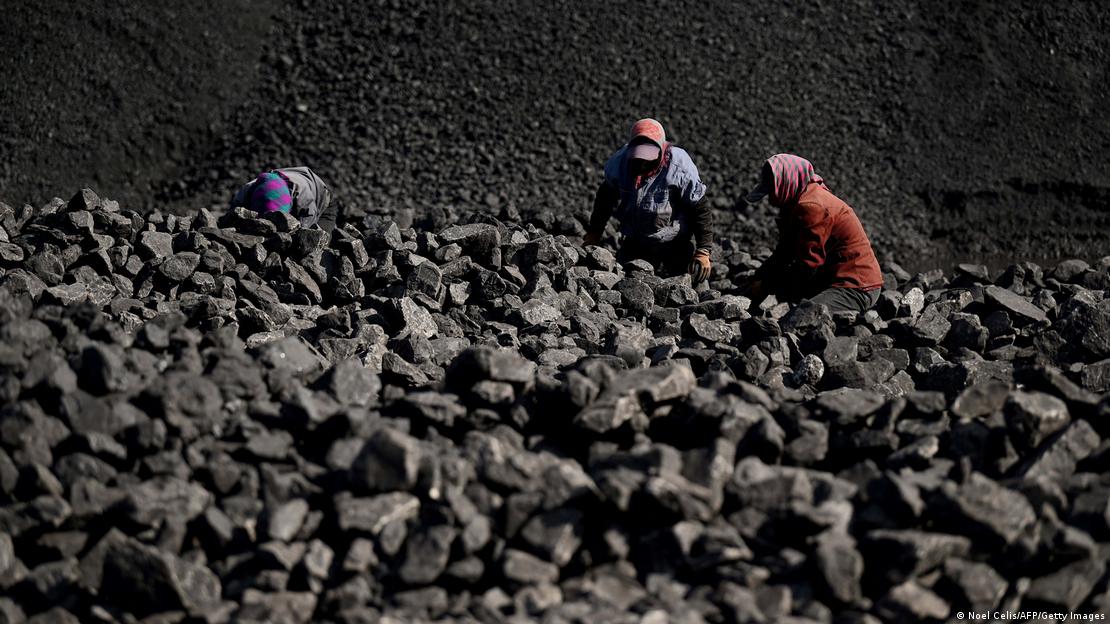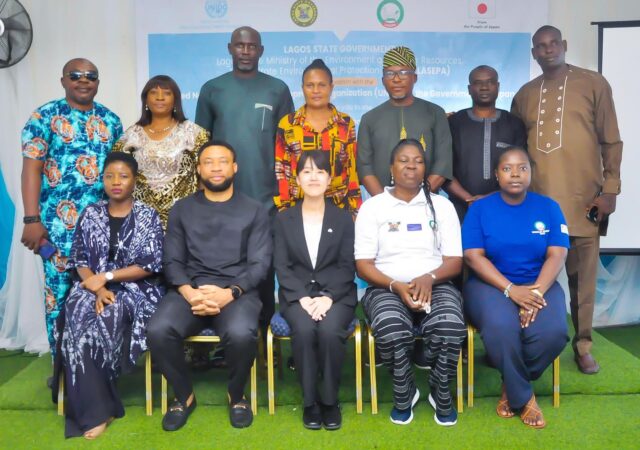-
Bilateral China-US talks could set the tone for the COP28 UN climate summit in November. China’s manufacturing-led economy produces the most carbon emissions and Beijing has increased its commitment to coal power.
US climate envoy John Kerry arrived in China on Sunday to restart stalled talks between the world’s two biggest carbon emitters.
Kerry will meet his Chinese counterpart, Xie Zhenhua, in Beijing to focus on issues including reducing methane emissions, limiting coal use, curbing deforestation and helping low-income countries to address climate change.
Some analysts cautioned against expecting any major breakthrough, but the meetings could help ease strained ties between Washington and Beijing over a string of issues, including trade, human rights and Taiwan.
Both countries previously said they should be able to collaborate on climate change regardless of falling out over other issues.
China not walking the talk
China has pledged to cut emissions by 2030 and achieve carbon net zero by 2060, but environmental groups and policymakers say Beijing’s actions on climate change conflict with its rhetoric.
In April, China approved a major increase in coal power, fueling concerns that the Asian powerhouse will struggle to meet its ambitious targets.
Last year, Beijing issued its highest number of new permits for coal plants since 2015, according to the Centre for Research on Energy and Clean Air (CREA) and the Global Energy Monitor (GEM).
US-China collaboration vital for UN climate summit
The lack of dialogue between China and the United States — the two most carbon-polluting nations — could hurt progress at the United Nations climate talks, COP28, in November, observers say.
Nearly 200 nations will gather in Dubai to try to thrash out ways to mitigate global warming and its impacts as temperatures continue to set new records.
June was already the hottest-ever month logged, according to US and European agencies and last week was officially the hottest week on record globally, according to the World Meteorological Organization.
Last summer, crushing heat waves in southwest China sparked rolling power cuts that hit millions and forced factories to halt work, heightening domestic concerns over energy security.
The US State Department said Kerry planned to engage with Chinese officials “with respect to increasing implementation and ambition and promoting a successful COP28.”
Frosty relations have stabilized
Kerry’s visit follows two other high-level US visits to China this year, as the world powers work to stabilize a relationship strained by trade disputes, military tensions and accusations of spying.
US Secretary of State Antony Blinken and Treasury Secretary Janet Yellen have also traveled to Beijing in recent weeks and Kerry, Washington’s former chief diplomat, enjoys comparatively cordial and consistent relations with his Chinese counterparts.
“What we’re trying to achieve now is really to establish some stability with the relationship without conceding anything,” he told a House of Representatives foreign relations subcommittee hearing on Thursday.
Kerry is also expected to bring up international climate finance efforts, following calls by Yellen during her Beijing trip for China to play a larger role. China, which considers itself a developing nation, has so far resisted.
US cleans up while China pollutes more
Republicans have accused the Biden administration of being too soft on Beijing in climate diplomacy, arguing that China continues to increase its emissions while the United States imposes costly measures to clean up.
Under the Inflation Reduction Act, the US plans to offer tax credits for domestic clean energy production to counter China’s dominance in the sector and revive US manufacturing.
Beijing has, meanwhile, objected to US tariffs and other restrictions on imports of Chinese solar panels and battery components.
Washington is seeking to protect US manufacturers from low-cost Chinese competitors, including those it suspects of using forced labor, which Beijing denies.







